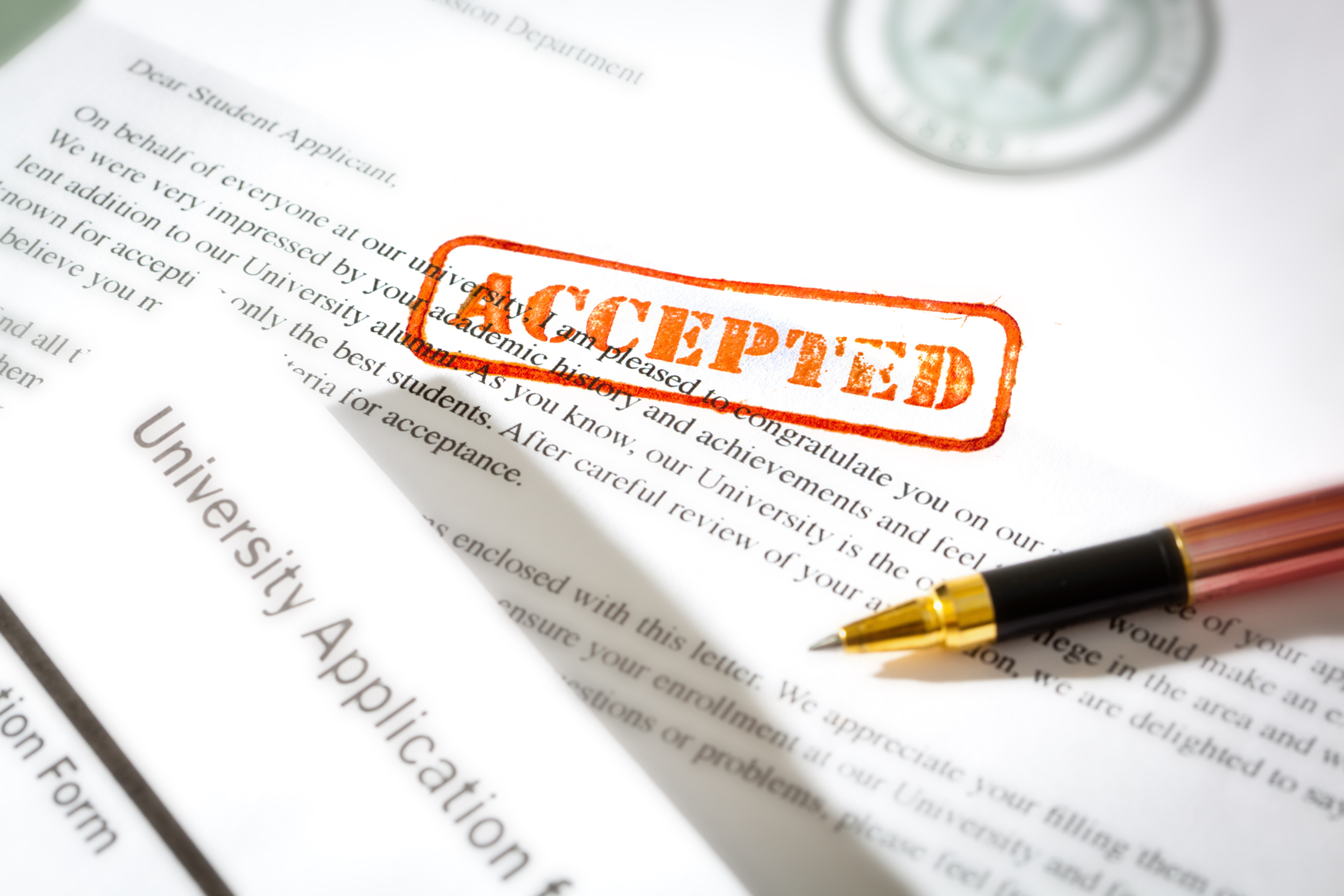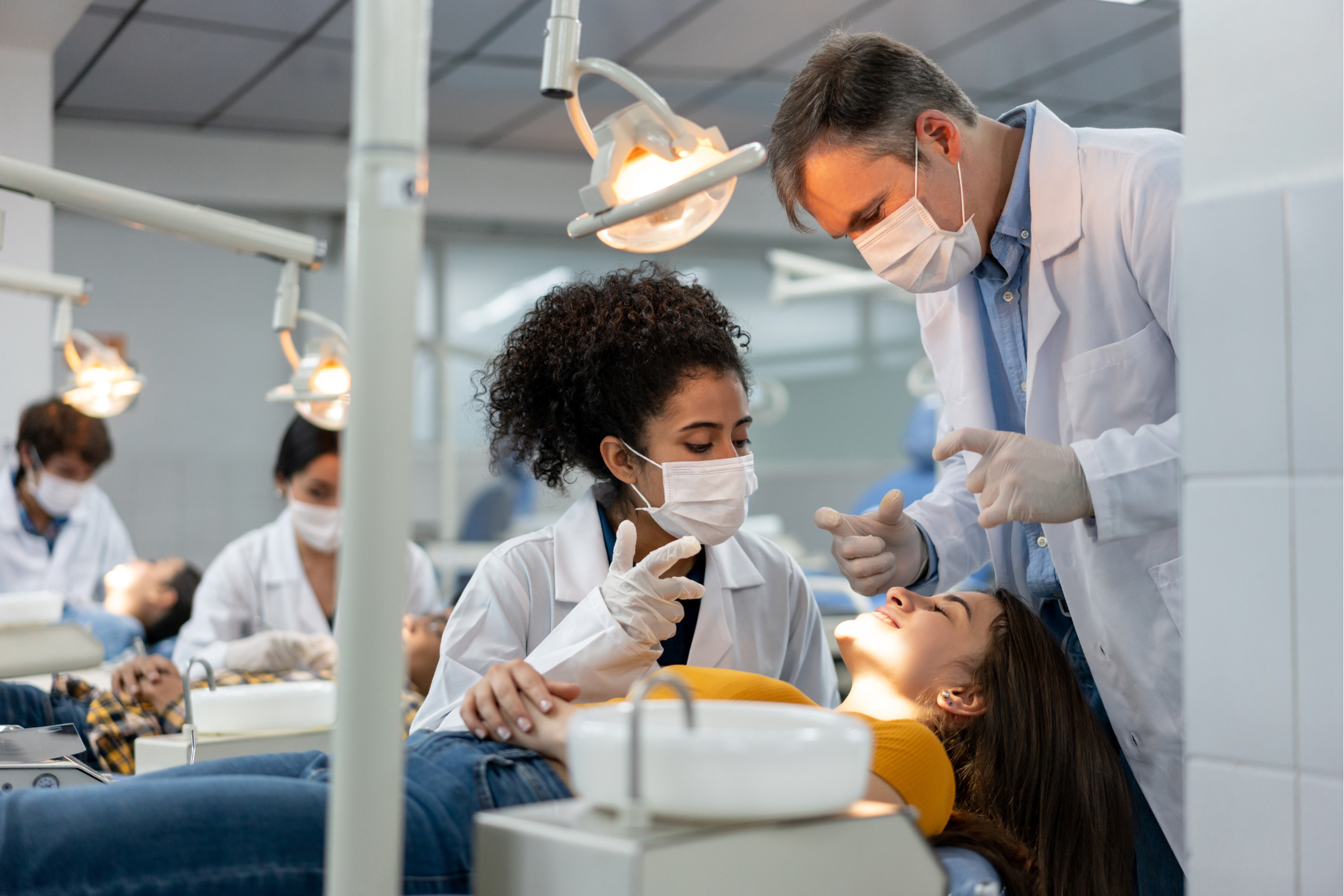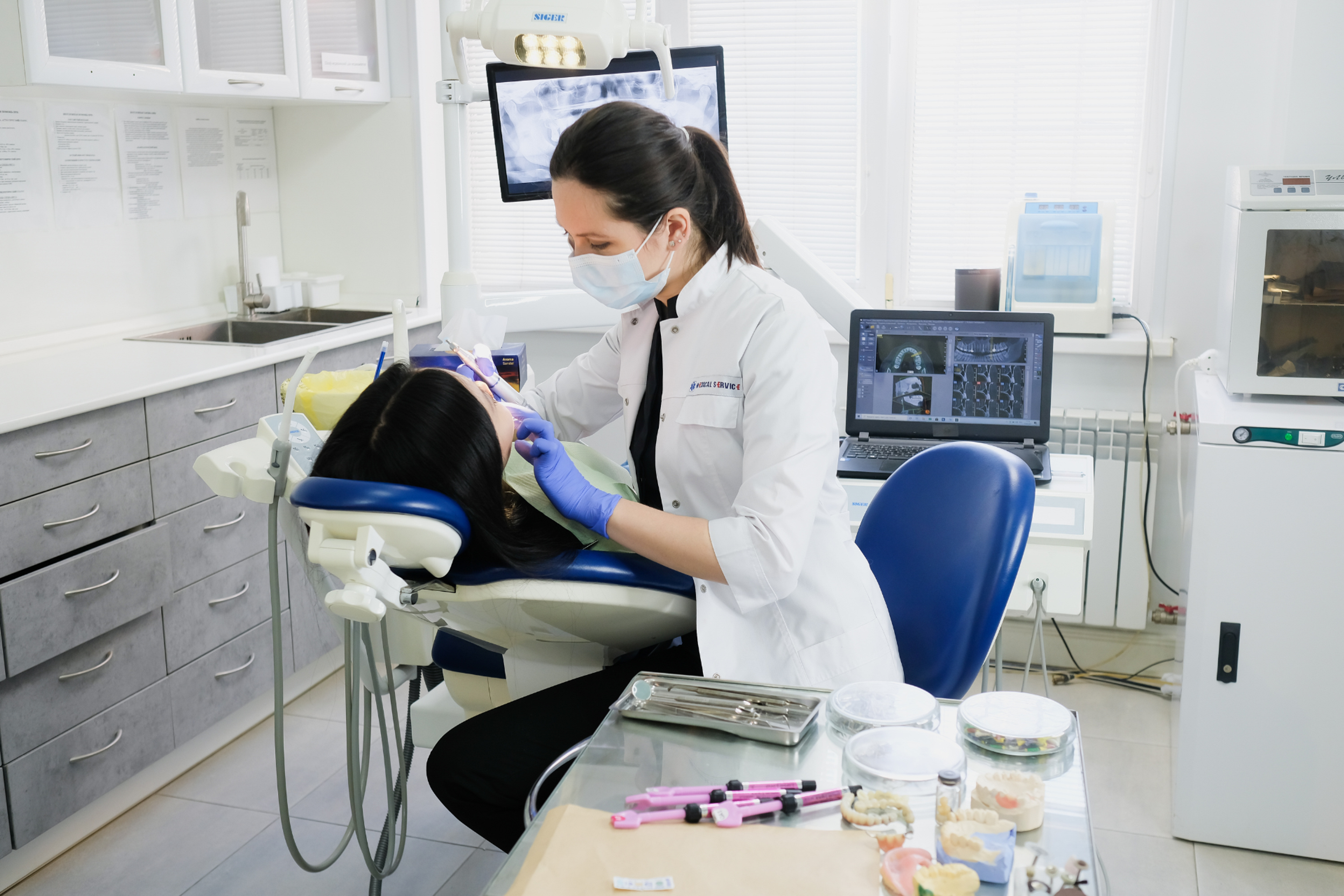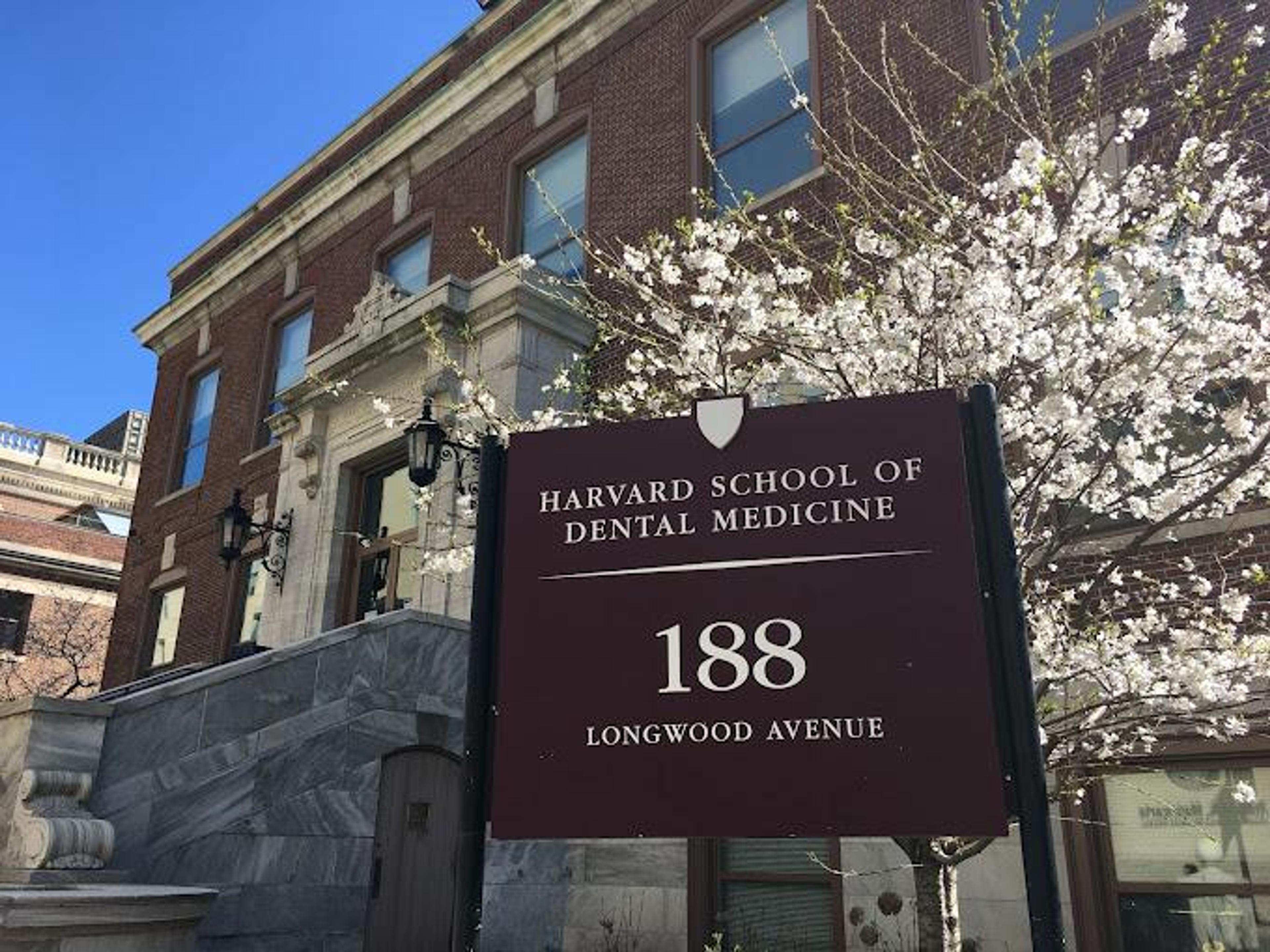UPenn Dental School: Acceptance Rate Overview (2025)
Discover the latest UPenn Dental School acceptance rate for 2024 and gain valuable insights into the competitive admissions process.
Posted June 26, 2025

Table of Contents
Penn Dental Medicine is highly competitive, but Penn applicants have a strong record of success. According to the University of Pennsylvania's Career Services, 91% of UPenn students and alumni who applied to dental school in 2023 were admitted and enrolled, compared to a national enrollment rate of just 58.6%. This strong outcome highlights how well-prepared Penn applicants are, both academically and professionally.
Dental schools evaluate candidates holistically. Along with GPA and DAT scores, they assess traits like manual dexterity, communication skills, service orientation, adaptability, and critical thinking. If you're aiming for Penn Dental or another top-tier program, your full application should show both academic strength and readiness for the field.
Note: These statistics reflect Penn undergraduate and alumni applicants. You can view the full dataset here: UPenn Dental School Admission Statistics.

What Is UPenn Dental School and Why Is It Competitive?
Penn Dental Medicine is the dental school of the University of Pennsylvania, an Ivy League institution in Philadelphia. Founded in 1878, it’s one of the oldest and most respected dental schools in the country. The school is known for strong academics, advanced clinical training, and a focus on research.
UPenn receives thousands of applications each year but admits only a small percentage. This high level of competition means most accepted students have excellent grades, strong DAT scores, and hands-on experience in clinical or research settings.
What Is the Current Acceptance Rate at UPenn Dental School?
For the 2025 application cycle, UPenn Dental School received 2,211 applications and admitted 136 students, resulting in a projected acceptance rate of 6.1%. This places Penn Dental Medicine among the most selective dental schools in the country. Here’s a breakdown of recent application data:
| Year | Applicants | Admitted | Acceptance Rate |
|---|---|---|---|
| 2022 | 2,165 | 135 | 6.2% |
| 2023 | 2,198 | 137 | 6.2% |
| 2024 | 2,211 | 136 | 6.1% (projected) |
The number of applicants has increased slightly each year, while the number of available seats remains consistent. This keeps the acceptance rate stable and competitive. According to UPenn Career Services, dental school admissions are highly competitive and holistic. Academic performance is important, but admissions committees also assess other qualities like communication skills, critical thinking, and service orientation.
What GPA and DAT Scores Do You Need to Get Into UPenn Dental?
Successful applicants to Penn Dental Medicine typically have strong academic credentials. Based on the most recent entering class profile, here are the average academic indicators:
- Overall GPA: 3.77
- Science GPA: 3.72
- DAT Academic Average: 22.9
- DAT Perceptual Ability: 21.5
To have a realistic chance of admission, aim for a GPA above 3.7 and a DAT score above 22. While these numbers reflect past admitted students, Penn Dental takes a holistic approach. That means your experiences, personal qualities, and alignment with dentistry as a profession also play a major role.
Source: UPenn Career Services – Dental School Admission Statistics
Read: Medical School Acceptance Rates, GPA, and MCAT Scores of the Top 15 Programs
What Does the Typical UPenn Dental Student Profile Look Like?
Students admitted to Penn Dental Medicine tend to stand out both academically and experientially. While UPenn evaluates applicants holistically, the most competitive candidates often share the following characteristics:
Academic Profile
- Average overall GPA: ~3.77
- Average science GPA: ~3.72
- Average DAT Academic Average: ~22.9
- Average DAT Perceptual Ability: ~21.5
- Common undergraduate majors: Biology, Chemistry, Biochemistry, or other life sciences
Read: University of Pennsylvania School of Dental Medicine
Common Experiences and Qualifications
- Extensive clinical exposure: Shadowing dentists, assisting in dental offices, or volunteering in dental clinics
- Research involvement: Participation in academic research, often in biology, public health, or dental science
- Community service: Consistent volunteer work, particularly in underserved communities or health-related programs
- Strong letters of recommendation: From science faculty, dentists, or research mentors who know the student well
- Manual dexterity skills: Some students include hobbies or experiences that show fine motor control (e.g., drawing, sculpting, playing musical instruments)
Students admitted to UPenn Dental often go beyond the minimum prerequisites and demonstrate a clear commitment to the field. Many applicants have also participated in pre-dental clubs, dental mission trips, or enrichment programs such as the Summer Medical and Dental Education Program (SMDEP).
Expert Tip: A well-rounded profile matters. Admissions officers look for students who can succeed academically, contribute to the community, and show the potential to become compassionate, skilled dental professionals.
How Can You Improve Your Chances of Admission to UPenn Dental?
1. Academic Performance
- Aim for an overall GPA above 3.7, especially in science courses like biology, chemistry, and physics.
- Take upper-level science electives (e.g., biochemistry, anatomy, microbiology) to show you're ready for the academic demands of dental school.
- Review your transcript for trends, upward improvement matters.
2. Competitive DAT Scores
- A DAT score of 22 or higher is common among accepted students.
- Use official prep materials, full-length practice tests, and structured study plans to improve.
- Focus on both the Academic Average and Perceptual Ability sections, as both are weighed by admissions.
Read: What DAT Score Do You Need to Get Into Dental School?
3. Clinical and Research Experience
- Shadowing dentists regularly (at least 100+ hours) shows real-world understanding of the profession.
- Work or volunteer in dental clinics if possible.
- Research experience, especially in science or public health, can boost your application. UPenn values academic involvement.
4. Strong Letters of Recommendation
- Secure letters from science professors, dentists you've shadowed, or research mentors.
- Make sure they know you personally and can write about your work ethic, communication skills, and potential in dentistry.
5. Personal Statement
- Be honest and specific about why you want to become a dentist.
- Share meaningful experiences that shaped your goals.
- Connect your story to how Penn Dental’s mission and resources fit your professional plans.
Read: How to Write a Powerful Personal Statement for Medical School
Expert Tip: Review successful personal statements or ask a dental admissions coach to provide feedback on your draft. A clear, compelling statement can make your application stand out.
Is Penn Dental Medicine a Good Fit for You?
Penn Dental Medicine may be a strong fit if you:
- Have a GPA above 3.7 and DAT scores above 22
- Are interested in research, academic dentistry, or public health
- Want access to advanced clinical facilities and simulation labs
- Prefer a highly structured, academically rigorous program
It may not be the best fit if you:
- Want a program with less competitive admissions
- Prefer a curriculum with less emphasis on research
- Are you looking for a smaller or less urban setting than Philadelphia
Admissions Timeline for 2025–2026 (Program for Advanced Standing Students)
- Application opens on CAAPID: March 6, 2025
- Priority Submission Date: Before May 1, 2025
- Final Application Deadline: June 1, 2025
- Supplemental Application Invitation: Sent after complete CAAPID submission
- Rolling Admissions: Offers are made on a rolling basis as applications are reviewed
- Admissions Decisions Finalized: Late Summer or Fall 2025
Note: Penn Dental Medicine receives over 1,600 applications. Submitting early, before May 1, is strongly recommended to improve review and consideration chances.
Expert Tips From Admissions Coaches
Apply Early Through AADSAS
Submitting your AADSAS application in June or early July can give you a strong advantage. Many dental schools, including UPenn, review applications on a rolling basis, so early applicants are more likely to receive interview invitations while more seats are still available.
Choose Strong Letter Writers
Letters of recommendation carry weight in a holistic review. Select professors, research mentors, or dentists who can speak in detail about your work ethic, professionalism, and readiness for dental school. Avoid generic letters from people who barely know you.
Make Your Personal Statement Count
Use your statement to clearly explain why you’re pursuing dentistry, how your background shaped that decision, and what you’ve done to prepare. Be specific. Highlight clinical, volunteer, or research experiences that reflect your values and goals.
Practice Interview Scenarios Early
Many interviews include ethical and behavioral questions. Practice answering questions like, “What would you do if you saw a classmate cheating?” or “How do you handle failure?” Ask a mentor or use mock interview platforms to refine your responses.
Double-Check Everything Before You Submit
Before hitting submit, review every part of your application carefully, including transcripts, work experience entries, and your statement. Spelling errors, date mistakes, or missing information can raise red flags and delay your review.
Key Takeaways
- UPenn Dental accepts about 6.1% of applicants.
- Competitive applicants have GPAs above 3.7 and DAT scores above 22.
- Academic strength, clinical experience, and strong letters matter.
- Applying early and preparing well for interviews can improve your chances.
Work With a Dental School Admissions Coach
Applying to Penn Dental Medicine can be difficult without the right support. Leland’s dental admissions coaches know what it takes to succeed. They can help you plan your application, write a strong personal statement, and prepare for interviews. Browse Dental School Admissions Coaches here.
Read these next:
- How to Write a Powerful Dental School Letter of Intent
- How Many Shadowing Hours for Dental School? The Ultimate Guide
- How Much Does It Cost to Go to Dental School
- How to Get Into Dental School: 5 Things to Do
- The Complete Guide to the Dental School Application
Frequently Asked Questions
How hard is it to get into Penn Dental?
- It’s very competitive. Penn Dental Medicine has a projected acceptance rate of around 6.1%, based on recent admissions cycles. Admitted students typically have high GPAs, strong DAT scores, and clinical or research experience. Fewer than 140 students are accepted from over 2,200 applicants each year.
What is the minimum GPA for UPenn Dental School?
- There is no official minimum GPA, but successful applicants usually have an overall GPA of around 3.77 and a science GPA near 3.72. To be competitive, aim for at least a 3.7 GPA and strong performance in upper-level science courses.
What is the hardest dental school to get into?
- Schools like Harvard School of Dental Medicine, University of Michigan, and UPenn Dental Medicine are often considered the hardest due to their low acceptance rates, academic standards, and emphasis on research and clinical excellence. Harvard Dental, for example, has an acceptance rate around 3.3%.
What is the #1 dental school in the US?
- Rankings vary, but top sources like QS World University Rankings and U.S. News & World Report consistently place the University of Michigan, Harvard Dental, and UPenn Dental among the best. These schools are known for their research, faculty, facilities, and student outcomes.












